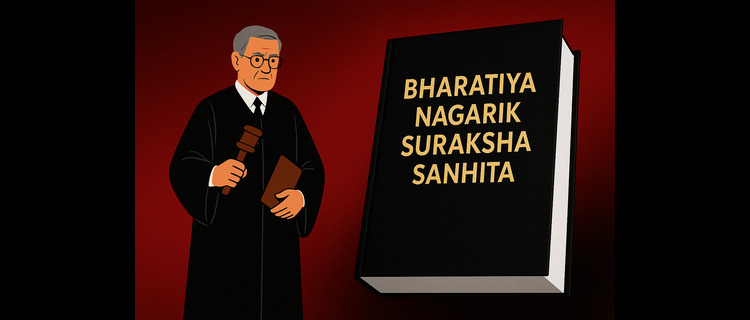Understanding the Civil Procedure Code: A Beginner's Guide

Strong 8k brings an ultra-HD IPTV experience to your living room and your pocket.
The Civil Procedure Code (CPC) is one of the foundational pillars of the Indian legal system. It lays down the rules and procedures to be followed in civil cases. Whether you're a law student, a legal professional, or simply someone interested in understanding how civil cases work in India, gaining knowledge of the CPC is essential. This guide offers a beginner-friendly overview of the Civil Procedure Code, with a focus on the importance of referring to the civil procedure code bare act for clear and accurate legal understanding.
What Is the Civil Procedure Code?
Enacted in 1908, the Civil Procedure Code governs the process of civil litigation in India. It does not deal with substantive rights but outlines the procedure to be followed in civil courts for enforcing those rights. The CPC ensures uniformity and clarity in the judicial process, enabling fair hearings and efficient resolution of civil disputes.
The CPC applies to all civil cases unless specifically excluded by law. It comprises two parts:
The body of the Code, which contains 158 sections
The First Schedule, which consists of 51 Orders and Rules that detail procedural aspects
Importance of the CPC Bare Act
The CPC bare act is the original text of the Civil Procedure Code, presented without commentary or judicial interpretation. For students, lawyers, and judges, the civil procedure code bare act is an indispensable tool that provides the unaltered legal provisions passed by the legislature.
Understanding the bare act helps:
Learn the correct legal language used in courts
Avoid reliance on secondary or potentially biased interpretations
Build a strong foundation for legal research and practice
Whether you’re preparing for judicial exams or working on a civil case, referencing the CPC bare act ensures that your knowledge is accurate and current.
Key Features of the Civil Procedure Code
Jurisdiction of Courts
The CPC defines the territorial, pecuniary, and subject-matter jurisdiction of civil courts.
Institution of Suit
It outlines the proper format and process for filing a civil suit, including plaints, summons, and written statements.
Trial Procedures
The CPC lays down how evidence is presented, how issues are framed, and how judgments are passed.
Appeals, Reviews, and Revisions
It provides mechanisms to challenge civil court decisions through appeals and reviews.
Execution of Decrees
Once a civil court passes a judgment, the CPC details how that judgment (or decree) can be executed.
Interlocutory Applications and Interim Reliefs
These are provisions that allow courts to issue temporary orders such as injunctions during the pendency of a case.
Why Beginners Should Refer to the CPC Bare Act
The civil procedure code bare act is the best place to start for anyone new to civil law. It helps you:
Understand the exact wording of legal provisions
Prepare for competitive law exams like Judiciary or CLAT PG
Draft legal documents with precision and authority
Navigate civil litigation as a litigant or advisor
Trusted legal publishers like LexisNexis offer updated and user-friendly editions of the CPC bare act, making it easier for readers to access accurate legal content.
Conclusion
The Civil Procedure Code is the backbone of civil litigation in India. For beginners, the journey into civil law begins with understanding its structure and content through the civil procedure code bare act. Whether you're aiming for a legal career or simply seeking to understand your rights in civil disputes, the CPC bare act offers a clear and reliable roadmap.
Equip yourself with a copy of the CPC Bare Act from reputed sources like LexisNexis and start your legal journey on a solid foundation.
Note: IndiBlogHub features both user-submitted and editorial content. We do not verify third-party contributions. Read our Disclaimer and Privacy Policyfor details.




